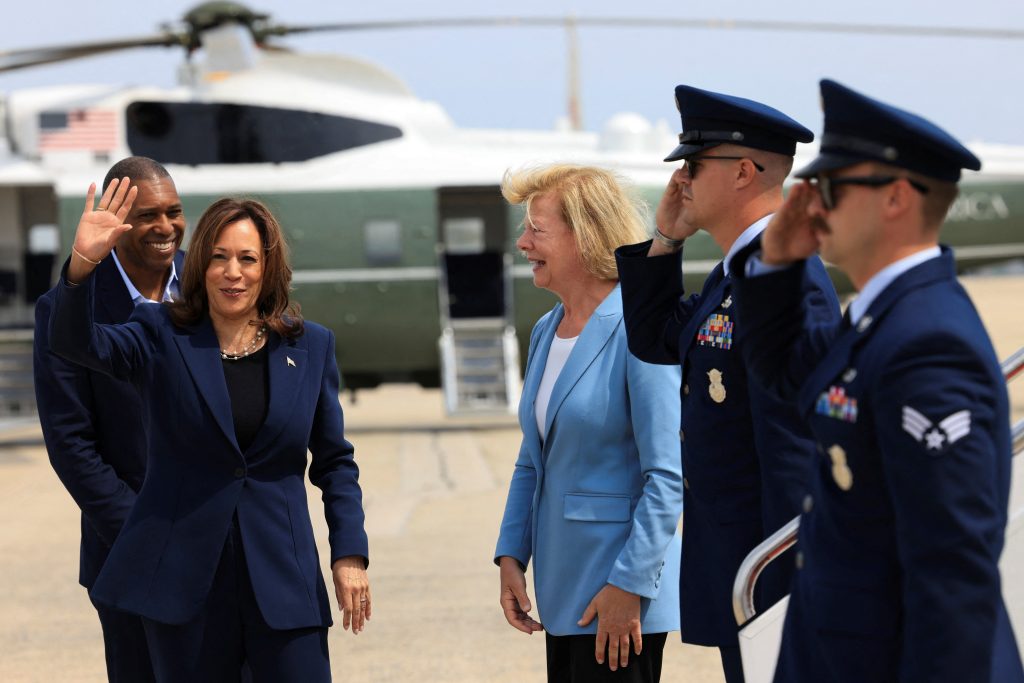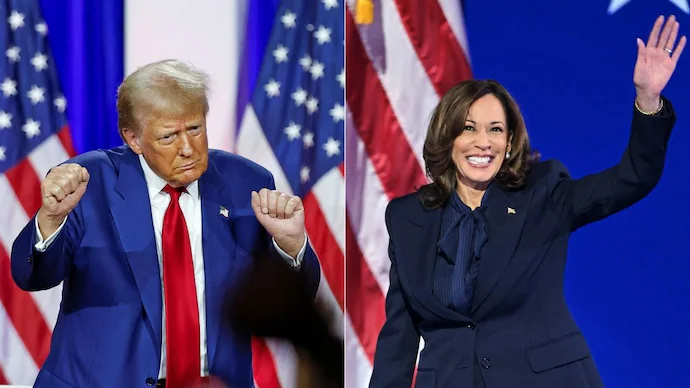A new Ipsos poll shows Vice President Kamala Harris holding a narrow lead over former President Donald Trump in the race for the U.S. presidency, with Harris leading Trump by 3 percentage points. The poll, conducted ahead of the November 5 election, reveals Harris with 45% of voter support compared to Trump’s 42%, highlighting the tight nature of the race. Among likely voters, Harris’ lead grows slightly to 47% versus 44%, though the poll has a margin of error of 4 percentage points.
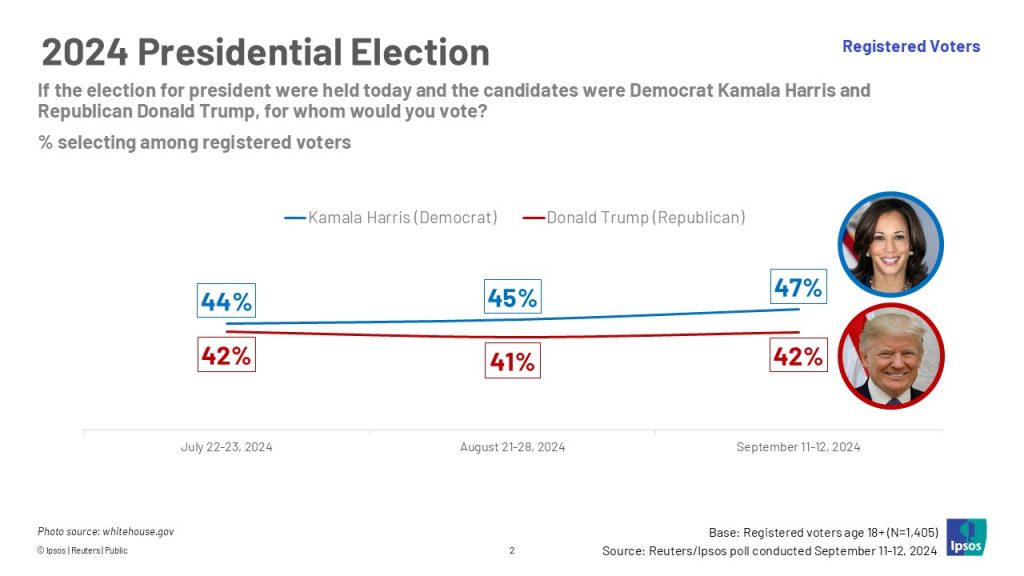
This slim gap mirrors the findings of a similar poll conducted a week earlier, indicating that the race remains close as Election Day approaches. However, the latest poll also suggests an increase in voter enthusiasm, particularly among Democrats. A significant 78% of registered voters expressed certainty that they would cast a ballot in this year’s election, a figure up from 74% in a similar poll conducted in late October 2020. Notably, 86% of Democrats and 81% of Republicans said they were “completely certain” to vote.
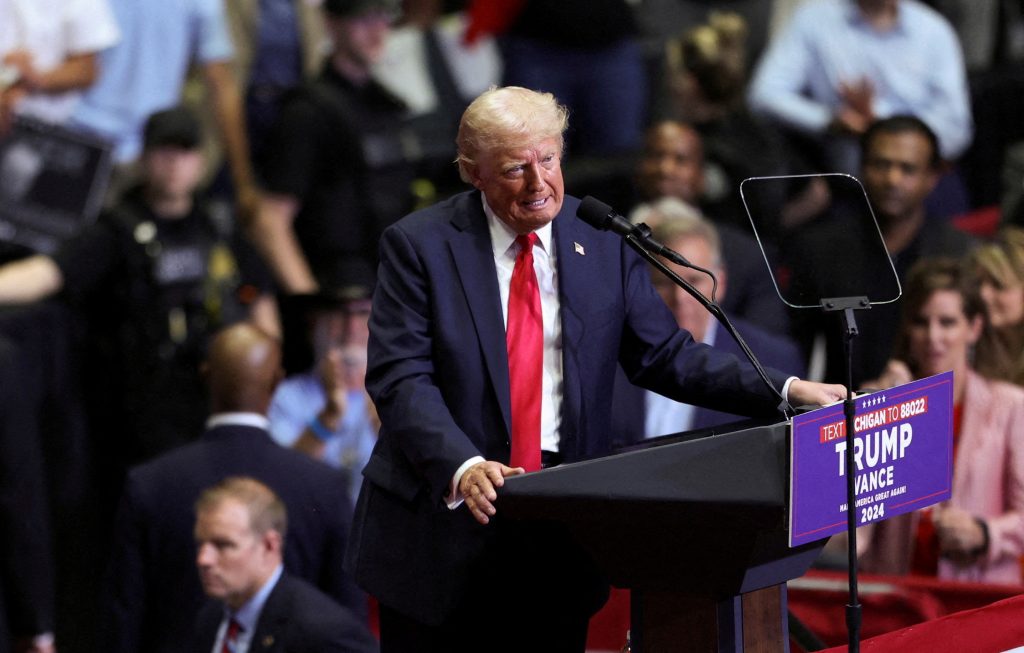
Harris appears to be benefiting from her perceived strengths in key policy areas. The poll indicates that voters see Harris as the better candidate when it comes to healthcare policy and addressing political extremism. These issues are playing a significant role in shaping voter preferences, despite the fact that the economy remains the top concern for most voters, where Trump is rated as the better steward.
The focus on healthcare and extremism could be a critical factor in Harris’ lead, especially as healthcare remains a hot-button issue for many voters. The contrast in perceptions of how Harris and Trump would handle these challenges may reflect broader concerns about the direction of the country and what voters prioritize in their next president.
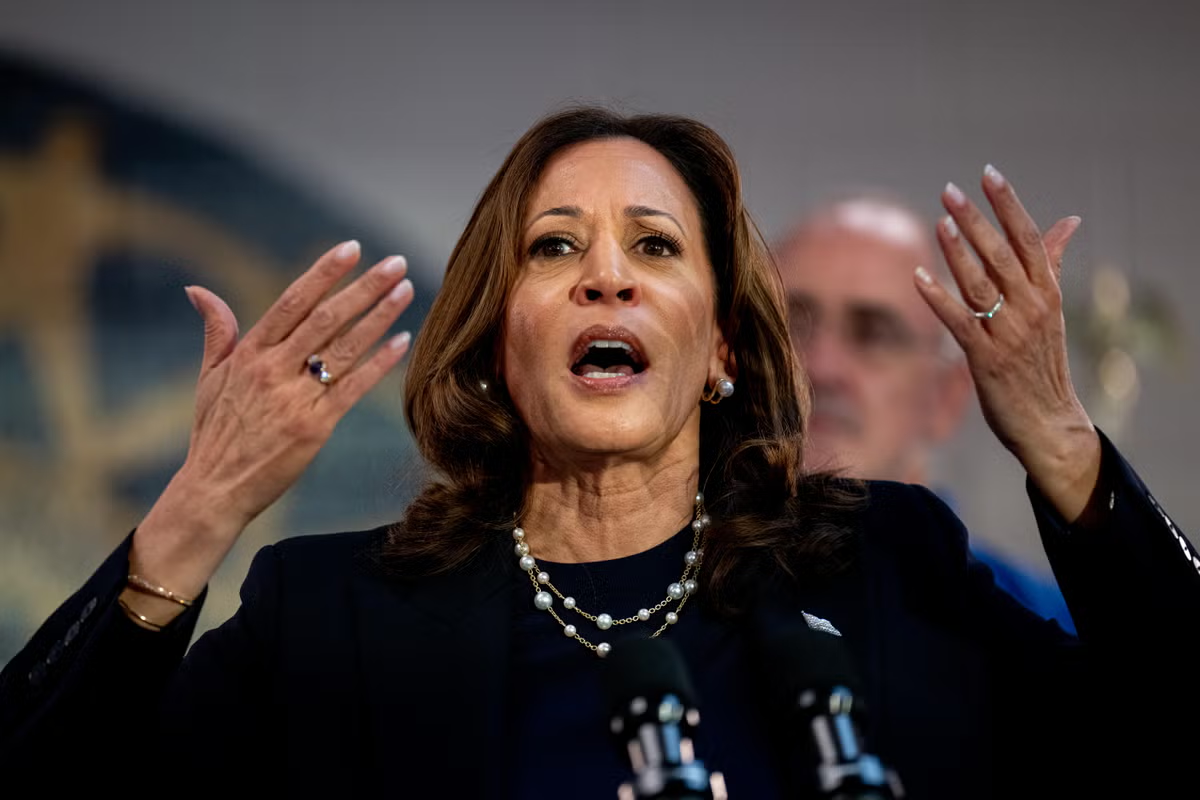
Despite Harris’ advantage in some policy areas, the economy remains a dominant issue, with many voters continuing to see Trump as more capable of managing economic recovery and growth. Economic concerns have been a cornerstone of Trump’s political messaging, particularly as inflation and economic uncertainty continue to affect everyday Americans.
The Reuters/Ipsos poll surveyed 938 U.S. adults, including 807 registered voters, between November 3-5, with 769 respondents identified as the most likely to vote. This focus on likely voters provides insight into how the race may play out as the election nears, with voter turnout set to be a critical factor in the outcome.
The poll also highlights a surge in overall voter enthusiasm compared to the 2020 election, when Joe Biden defeated Trump. The uptick in voter engagement, particularly among Democrats, could be a positive sign for Harris as she seeks to build on Biden’s coalition from the last election.
Another important takeaway from the poll is that voters’ certainty about participating in the election has increased on both sides of the political spectrum. This heightened sense of commitment to voting may reflect the high stakes of the 2024 election, with both parties seeing the election as pivotal for the future of the country.
As Election Day approaches, the race remains highly competitive, and voter turnout could be the key factor in determining whether Harris can maintain her narrow lead over Trump. The economy, healthcare, and the handling of political extremism are likely to remain central issues as both candidates continue to make their case to the American public.
With just days left before the election, the stage is set for a tight contest, and both campaigns are working to mobilize voters in what could be one of the most closely watched elections in U.S. history.
